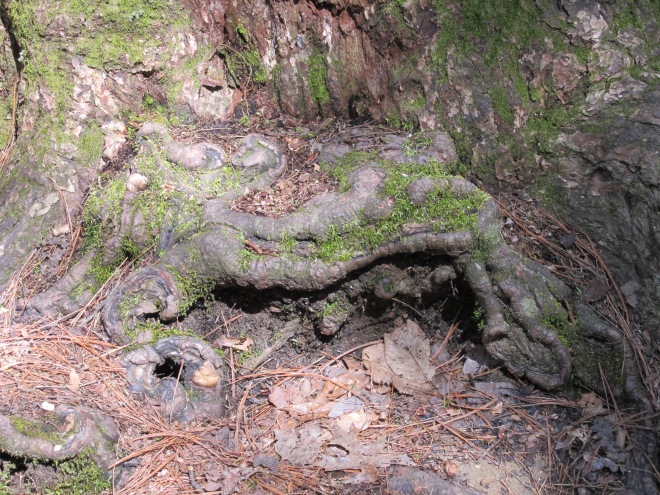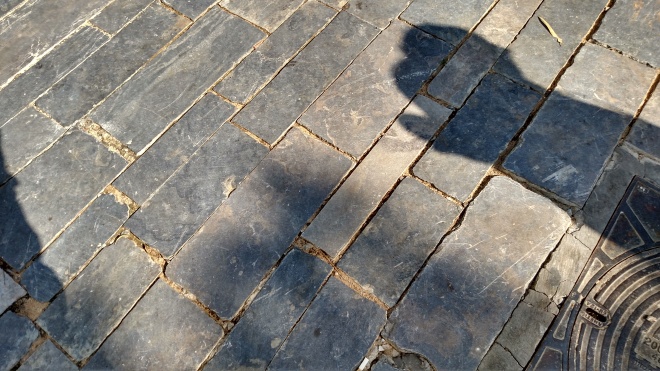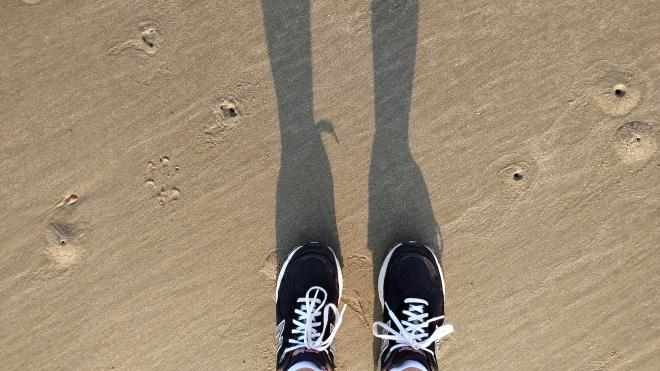
You are human





This morning a memory popped up on Facebook; a picture of my mother taken when she was pregnant with me; she was 40. She looks happy, carefree; not a look I saw often. When I was young I didn’t understand her unhappiness, nor my father’s distance. I am grateful that before each of my parents died I was able to see them as full human beings, independent of their role as “parent.”
There is something magical that happens when we can let go of what we thought our past should be and who we thought our parents should have been and, instead, appreciate them for who they are as real people. Both of my parents were complex. My mother was intelligent, funny, wise, thoughtful, creative. She could be kind and indifferent, full of joy and deeply sad, passionate, compassionate, angry. My father too, was intelligent, and also diligent, persistent, kind and indifferent, hard to read, stern and silly. I miss them both. My mother died in 1994 and my father in 2018. There are times I just want to talk with them, to hold my mother’s hand, to hear my father say, “Just over the next hill.”
How do you see your parents? Can you let go of your notions of should have, could have, would have and allow them to be fully human? Try it, you might like it.




